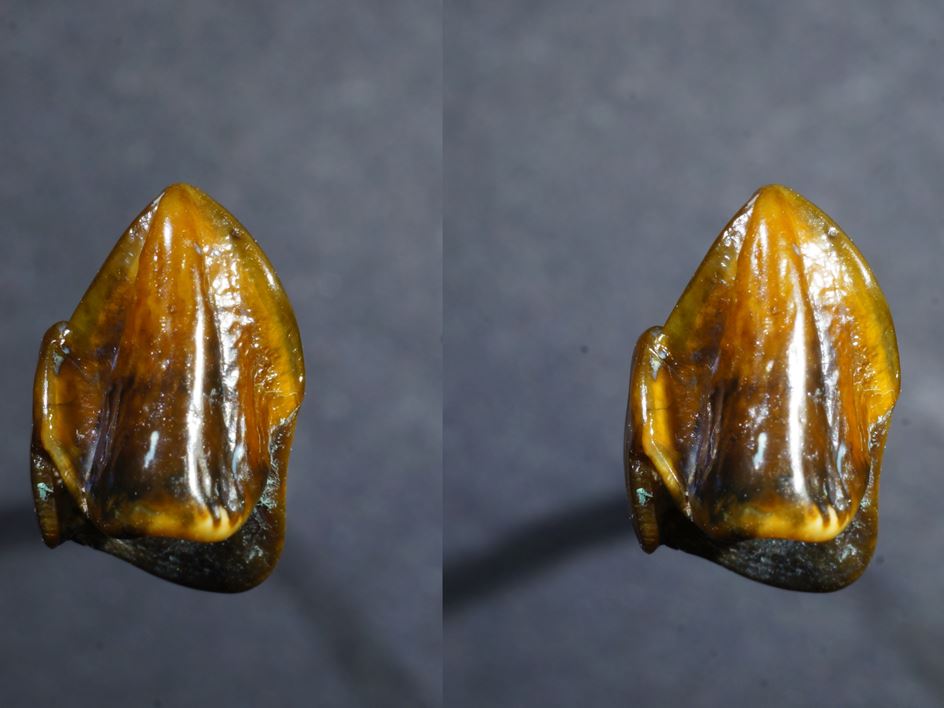Prehistoric teeth fossils dating back 9.7 million years 'could rewrite human history'
'This is a tremendous stroke of luck, but also a great mystery'

Paleontologists in Germany have discovered 9.7 million-year-old fossilised teeth that a German politician has hailed as potentially “rewriting" human history.
The dental remains were found by scientists sifting through gravel and sand in a former bed of the Rhine river near the town of Eppelsheim.
They resemble those belonging to “Lucy”, a 3.2 million-year-old skeleton of an extinct primate related to humans and found in Ethiopia.
However, they do not resemble those of any other species found in Europe or Asia.
Scientists were so confused by the find they held off from publishing their research for the past year, Deutsche Welle reports.
Herbert Lutz, director at the Mainz Natural History Museum and head of the research team, told local media: "They are clearly ape teeth. Their characteristics resemble African finds that are four to five million years younger than the fossils excavated in Eppelsheim.
“This is a tremendous stroke of luck, but also a great mystery."
At a press conference announcing the discovery, the mayor of Mainz suggested the find could force scientists to reassess the history of early humans.

"I don't want to over-dramatise it, but I would hypothesise that we shall have to start rewriting the history of mankind after today," he said.
Axel von Berg, a local archaeologist, said the new findings would “amaze experts”.
With the first paper on the research having just been published, the “real work” to unlock the mystery is only just beginning, Dr Lutz said.
Although there is abundant fossil evidence that great apes were roaming Europe millions of years ago, there has been no confirmed cases of hominins – species closely related to humans – on the continent.
The current scientific consensus proposes that modern humans evolved out of east Africa somewhere between 400,000 and 200,000 years ago, before dispersing around the world as recently as 70,000 years ago.
The teeth will be on display from the end of October at a state exhibition, before heading to Mainz’s Natural History Museum.
The region where the find was made has been an attraction for fossil hunters for almost 200 years.
Join our commenting forum
Join thought-provoking conversations, follow other Independent readers and see their replies
Comments
Bookmark popover
Removed from bookmarks